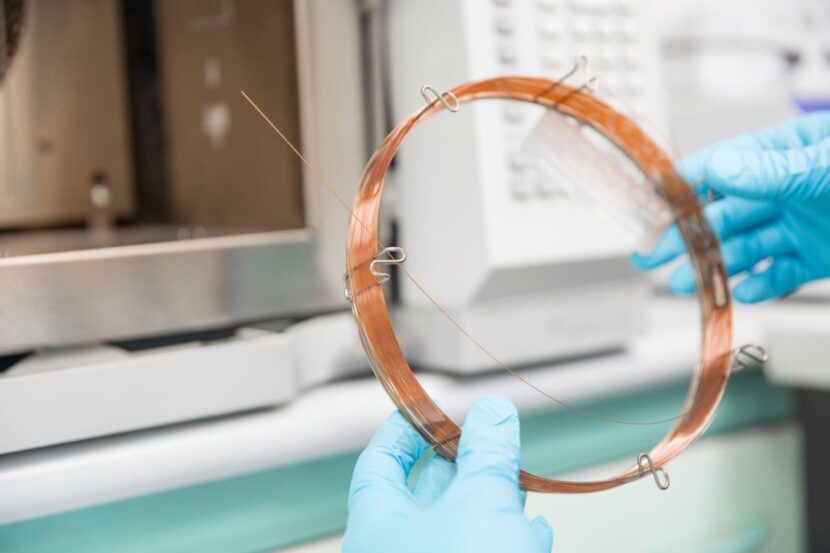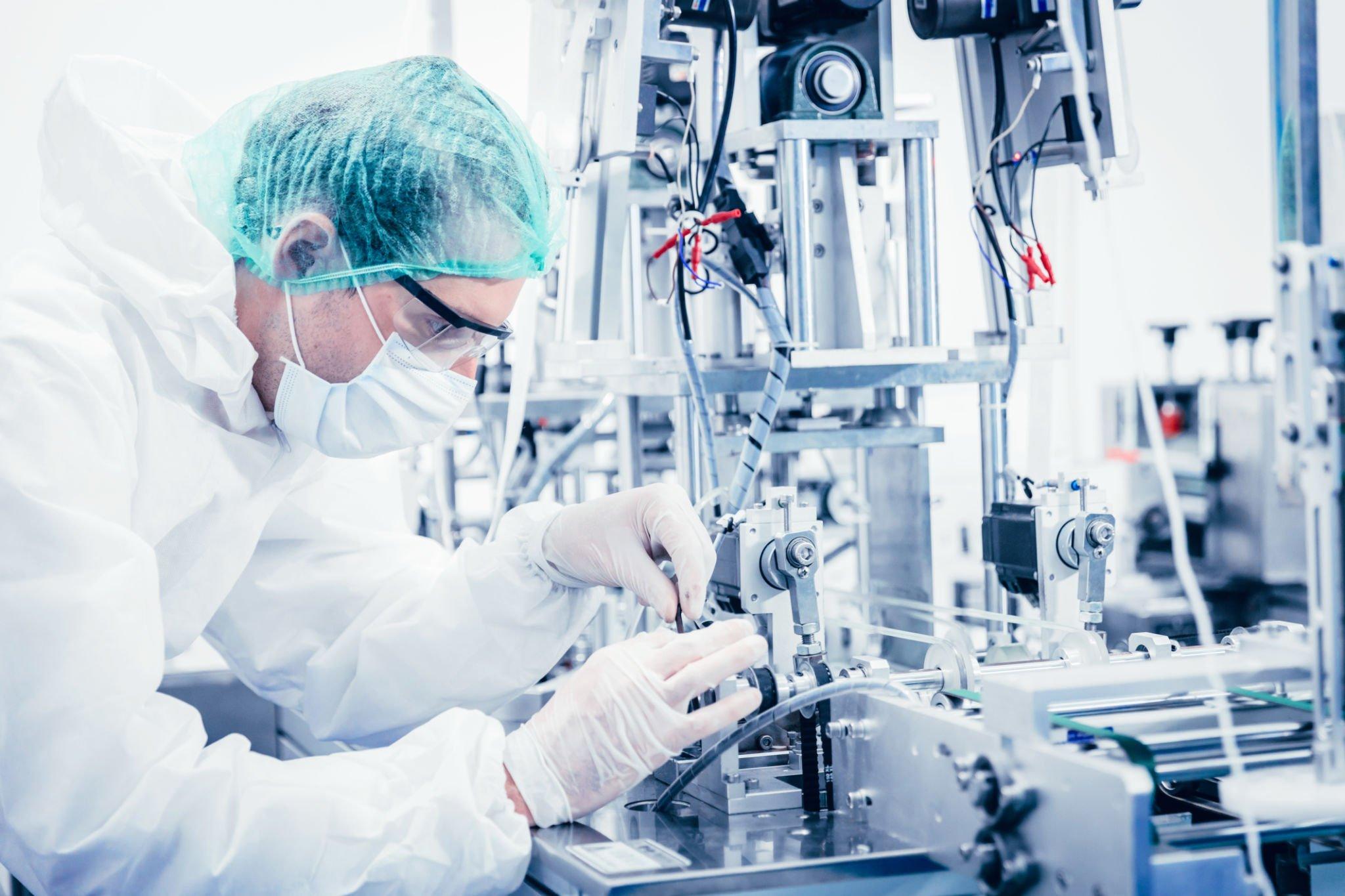Setting up a laboratory requires careful planning, expertise, and adherence to specific guidelines. Whether you’re a researcher, scientist, or educational institution, a well-equipped laboratory is essential for conducting experiments, analyzing samples, and fostering innovation. In this article, we will delve into the process of lab installation in Malaysia, covering the what, why, and how, to provide you with a comprehensive understanding of this crucial undertaking.
What is Lab Installation?
Lab installation refers to the process of establishing a functional laboratory space equipped with the necessary tools, equipment, and infrastructure to carry out scientific experiments, research, or testing. It involves meticulous planning, procurement of instruments, electrical and plumbing work, safety considerations, and regulatory compliance.
Why is Lab Installation Important?
Lab installation plays a pivotal role in advancing scientific research and technological development. It provides a controlled environment for scientists, researchers, and students to conduct experiments, analyze data, and make critical discoveries. Here are a few reasons why lab installation is essential:
Precision and Accuracy: Laboratories offer controlled environments with precise conditions, enabling accurate experimentation and measurement.
Safety and Security: Properly designed labs ensure the safety of personnel, protect against hazardous materials, and minimize the risk of accidents.
Innovation and Progress: Laboratories foster innovation by providing researchers with the necessary tools and infrastructure to explore new ideas and make breakthroughs.

How to Install a Lab in Malaysia
Define Your Objectives: Determine the purpose and scope of your laboratory. Identify the specific research areas or experiments you intend to focus on to design a space that meets your requirements.
Identify Regulatory Requirements: Familiarize yourself with the regulatory standards and guidelines set by relevant authorities such as the Malaysian Occupational Safety and Health Act (OSHA) and the Department of Occupational Safety and Health (DOSH). Complying with these regulations ensures a safe and legally compliant laboratory.
Plan the Layout: Work with architects, lab designers, or experts to create an optimal lab layout that maximizes space utilization, promotes workflow efficiency, and accommodates future expansion.
Procure Equipment and Instruments: Identify the specific equipment, instruments, and supplies needed for your research or testing purposes. Consider factors such as quality, compatibility, and budget when making procurement decisions.
Ensure Safety Measures: Implement safety protocols and install safety features such as fume hoods, emergency showers, fire suppression systems, and proper waste management facilities. Train lab personnel on safety procedures and provide appropriate personal protective equipment (PPE).
Electrical and Plumbing Considerations: Collaborate with experienced contractors to ensure proper electrical wiring, power distribution, and plumbing installations, considering the specific needs of your lab equipment.
Conclusion
Lab installation in Malaysia is a meticulous process that requires careful planning, adherence to regulations, and collaboration with experienced professionals. By establishing a well-equipped and compliant laboratory, you provide scientists, researchers, and students with the necessary tools and infrastructure to drive innovation and make significant contributions to their respective fields. Remember to define your objectives, comply with regulatory requirements, plan the layout efficiently, procure suitable equipment, and prioritize safety throughout the installation process. With a properly installed laboratory, you can embark on a journey of scientific discovery and contribute to Malaysia’s growth in research and development.…





